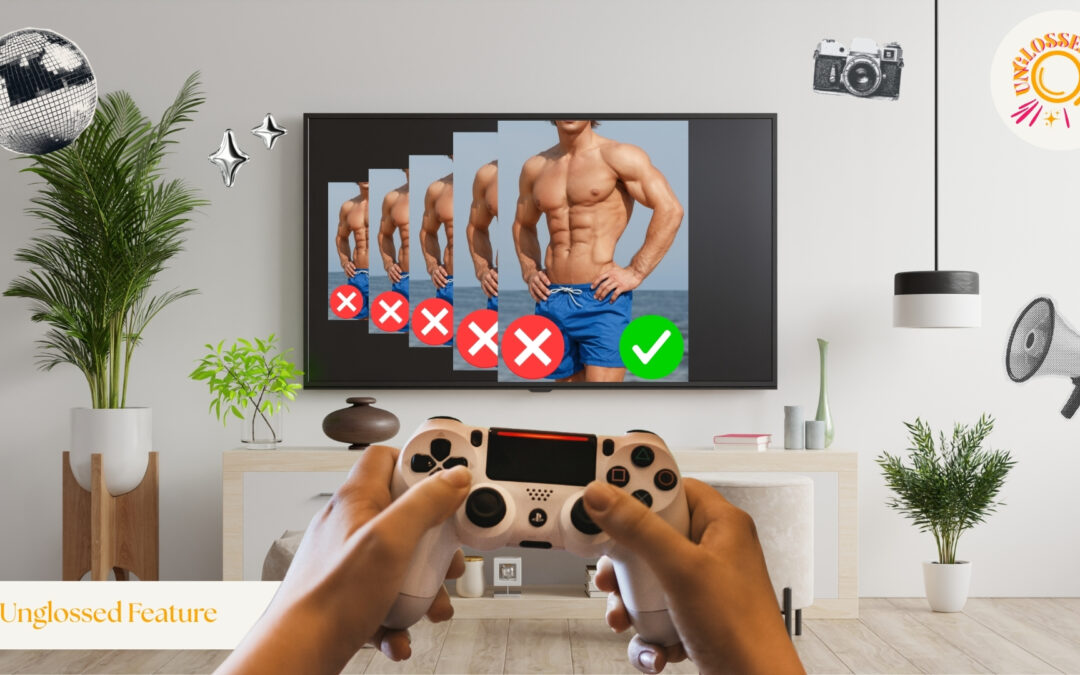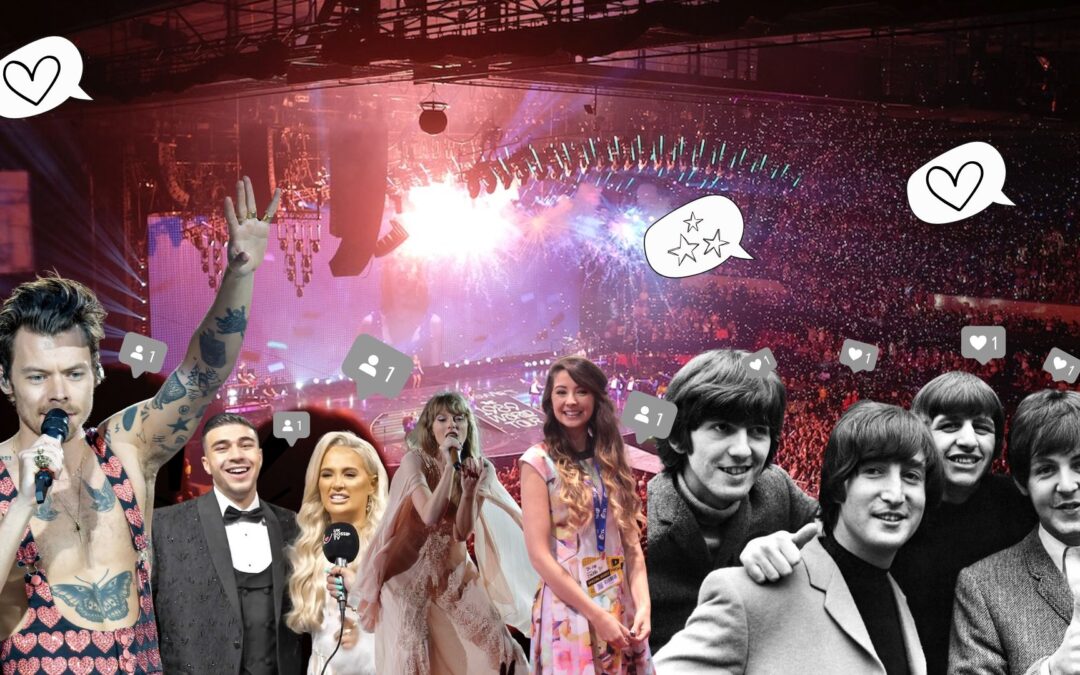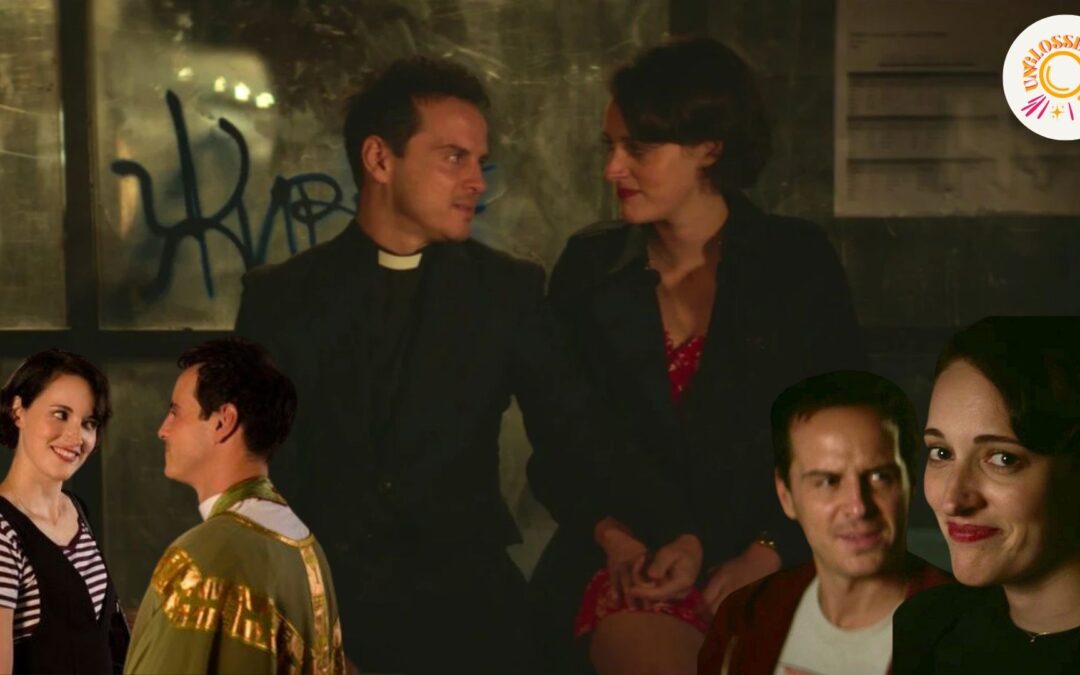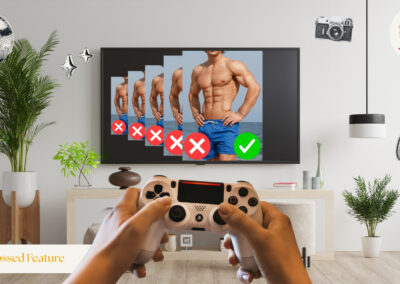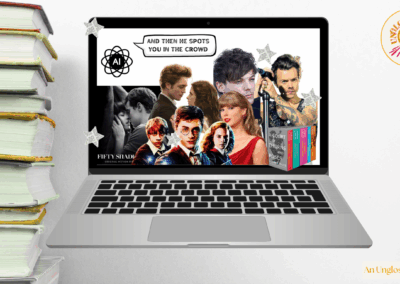Why sexuality can never be individual, and what that means for the individuals of that sexuality
Jojo Siwa, according to a series of recent instagram revelations, is in a “straight” relationship. I’m not sure how you reacted but for myself, once I had finished laughing – guffawing, chortling, sniggering, positively giggling – I felt an immediate and horrible sense of foreboding.
First, let’s cover some things. THAT pic on the first day of Pride month – where you really have to be the best gay you can be – is a little strong (and again, HI-larious). As I clicked the eponymous post on my timeline, I knew, like a bisexual Che Guevara emerging from the brush, what was waiting on me. I had to sit down to stop laughing at this point.
Once the cackling again subsided, I was a little disappointed. I had expected a sort of reaction, and got one which I felt was relatively good-humoured and jestful. I could feel however, like a leviathan under the waves, the distressing notion that equally lurked there, one I’m not sure I agree with.
Jojo Siwa’s sexuality has been the subject of much attention, owed in no small part to their (slightly weird) attempts to cultivate interest around it. After a series of conflicting announcements, Siwa announced having arrived at a permanent conclusion they were a lesbian in 2021.
Since then, they have – for the 112th time – changed their answer, specifying themselves as belonging to the ‘Q’s’ and not the ‘L’s.’ This, of course, didn’t get nearly as much attention as their now semi-infamous lesbian announcement, meaning a great deal didn’t (and do not) know of the not-so-sudden change.
This isn’t the first time Siwa has, perhaps erroneously, been accused of queer-baiting.
The situation is complex. Not least because Siwa is incapable, as a non-binary person, of being in a “straight” relationship, so to speak. The principle quagmire with which I wrestle however is one of responsibility.
Some unsavoury elements of Elon’s twitter have already seized on the present controversy to belittle and condescend the notion of lesbianism entirely with the wretched and oft-traumatic “right man” cliche – the outmoded and dangerous view that lesbians only need to find the right man to entirely recalibrate their sexuality.
This is an old concept, and with a chequered past. The potential consequences of suggesting sexuality is “curable” alone is enough to put the fear in one.
Another unpleasant but less surreptitious and insidious grouping is also accusing Siwa of queer-baiting, irrespective of whether by virtue of their identity that indictment is accurate.
They’re both wrong, but the latter’s anger, if not justified, may be understandable when you see the broader context.
An artist can never really be separate from their art, even if they desire to be. No matter who you are, your work will always be interpreted through the filter of the context your experiences and personality provides.
In some ways, this can be a gift. If, however, your audience feels that your race or sexuality are instrumental parts of defining you as a person, then you’re also never really separate from the protected characteristics you are suddenly called upon to represent and defend.
The paradox is old and well-studied. Black writers, musicians and artists for instance have struggled with getting people to acknowledge their art as an aspect of their individuality, not their race or culture, with artists like Eddie Chambers believing black art inextricably linked to the socio-political perspective of the viewer.
Similarly, popular figures such as Tyler, The Creator have discussed the onus placed on them to touch on black issues, with songs like “Manifesto” discussing the unwilling and supposed duty of being a black artist.
Jojo Siwa is, in many ways, a victim of this paradigm. They are 22 years old. Practically every move they make and decision they take is meticulously recorded, edited, re-posted and shared. In the minutiae of all of this publicity is a burgeoning personhood wrestling with their identity called upon suddenly to defend a community that they’re not even certain they’re a part of.
The anger is justifiable, but not at Siwa. They are asked to represent a community of which they are not part, to guard their actions out of step with whom they feel they are, and they ask them in turn to bear the brunt of actions which unwittingly reflect poorly on them.
The situation is undesirable and there’s no “easy” resolution. The lesbian community has a right to be angry, Siwa has the right to feel unfairly blamed. What is doubtless however, is I have the right to laugh, and a 22 year old TikToker shouldn’t have to field this degree of scrutiny about their sexuality.

